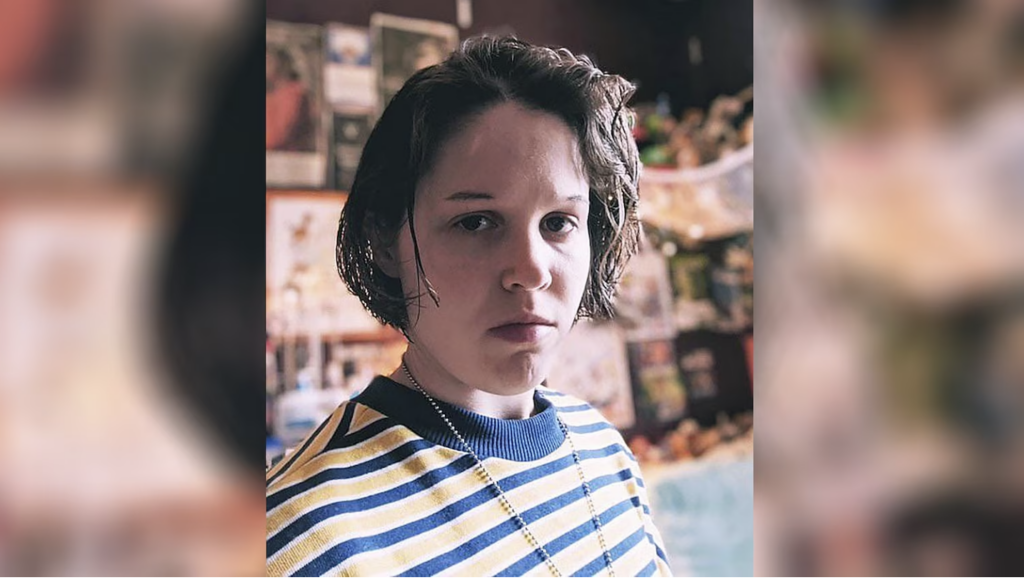Covenant Shooter, Audrey Hale’s “Mental Health Treatment” Would Make the Angels Weep

July 3, 2024
New mental illnesses and prescribed psychiatric drug information for the Covenant School shooter, Audrey Hale, is released daily by Tom Pappert of The Tennessee Star. And it seems deliberate that this information is being withheld by law enforcement and will only see the light of day if it is leaked to reporters. Otherwise, if the public was to get its hands on Hale’s complete mental health/psychiatric drug record, it would make the Angels weep.
Last week it was reported that four prescribed mind-altering drugs (Lorazepam, Buspirone, Lexapro and Hydroxyzine) were found during the search of Hales parent’s home after the shooting. Since then, two more articles have revealed that Hale had been prescribed Prozac (Fluoxetine) for depression when she was in high school and became suicidal while taking the drug. No surprise there. Prozac, like all the antidepressants, carries the Food and Drug Administration’s (FDA) black box warning for suicidality.
Hale’s parents told investigators that their daughter “had to go through a series of medications to find one that was appropriate for her.” So, naturally, according to Hale’s parents “she experienced pretty serious side effects” from the various medications, saying “both of her legs ballooned.” Apparently Abilify, the antipsychotic, caused these severe side effects. “Swelling of your face, lips, tongue or throat,” may occur as a side effect. But insomnia, aggression, anxiety, delirium, homicidal ideation, and suicide also are possible side effects.
So far, the drip of information coming out about Hale reveals a mental health experiment. Hale had been prescribed six prescription mind-altering drugs that only reflects some period during her high school years and just prior to the shooting incident.
What about all the other years? Remember Hale was being “treated” at Vanderbilt University Hospital since she was six years old. The parent’s attorney reported to police that Hale had been diagnosed with five mental illnesses including anxiety disorder, social phobia, dysthymia disorder, major depressive disorder, and autism spectrum disorder in approximately 2011. But Hale had already been a patient at Vanderbilt for five years. What was Hale’s diagnosis when she arrived at Vanderbilt for “treatment,” and how did they “treat” Hale for those first five years. Furthermore, what drugs were provided to Hale in 2011 as “treatment” for the five mental illnesses?
If Hale’s parents remember Hale going through a “series of medications” what were the medications that “didn’t work” and which drugs “did work?” Based on the leaked information, Hale was just another in a long line of mental health patients who was diagnosed and drugged but wasn’t getting “better.” Sadly, the mental health industry believes that throwing chemicals at the brain will make the patient “better” despite being fully aware that the known possible side effects are deadly serious.
When will the “treating” psychiatrists at Vanderbilt be required to explain first, how they deduced the five mental illnesses that Hale apparently suffered from and, secondly how will they explain the chemical lobotomy that Hale was subjected to? Audrey Hale was diagnosed and drugged practically her entire life. Those responsible for her “treatment” cannot hide from their handywork. Release all Hales files and let’s have a conversation about the shooter’s “treatment” at the hands of the professionals. If there was no problem drugging her for decades, they should have no problem discussing the brilliance of their “treatment.”
Be the Voice for the Voiceless
Every dollar you give is a powerful statement, a resounding declaration that the struggles of these families will no longer be ignored. Your generosity today will echo through generations, ensuring that the rights and well-being of children are fiercely guarded.Don’t let another family navigate this journey alone. Donate now and join us in creating a world where every child’s mind is nurtured, respected, and given the opportunity to thrive. As a 501(c)3 organization, your donation to AbleChild is not only an investment in the well-being of vulnerable children but also a tax-deductible contribution to a cause that transcends individual lives.

